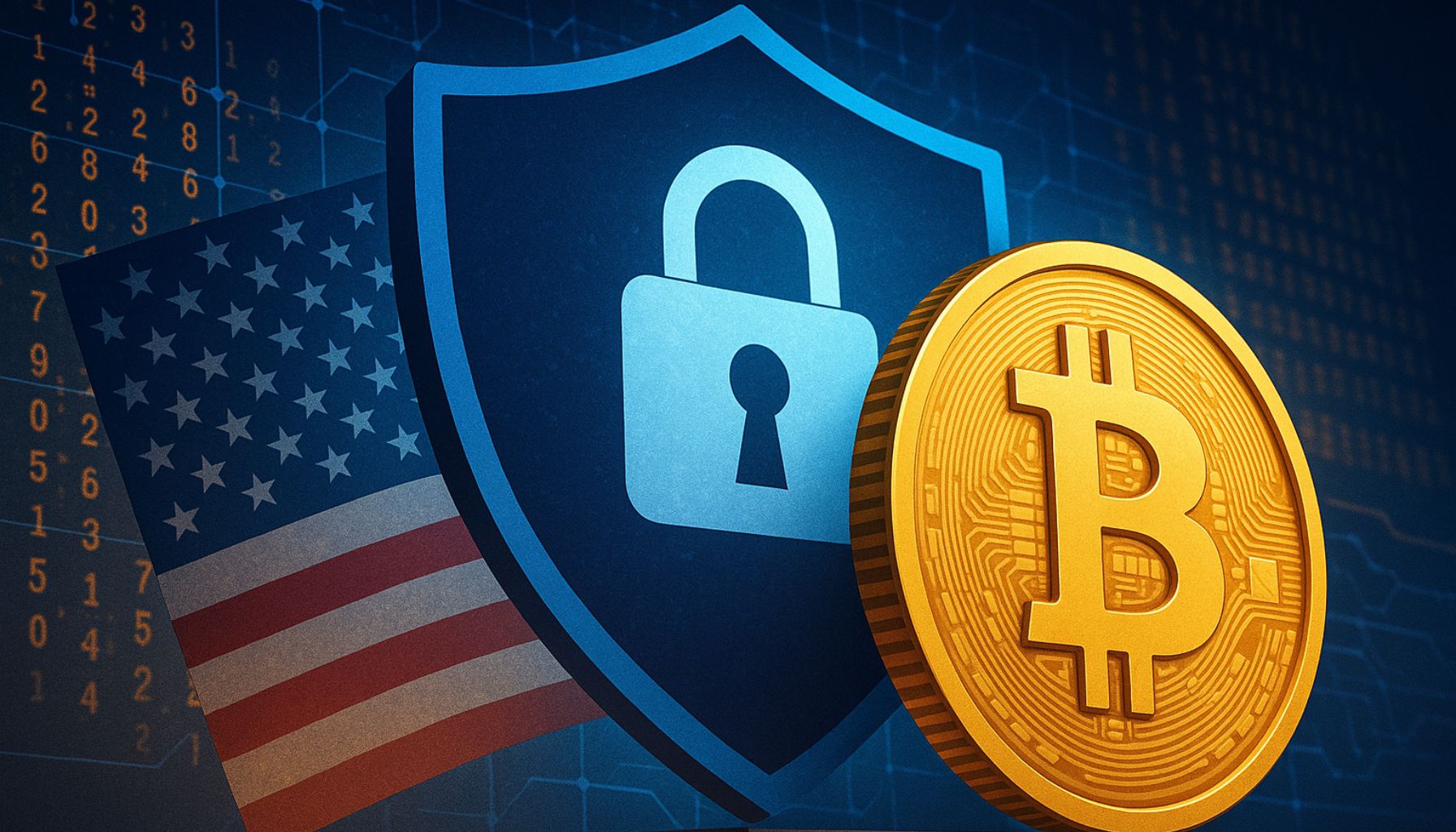Google Claims First Verifiable Quantum Advantage, What it Means for Bitcoin?

- This method uses a very specific signal to activate a single quantum bit (qubit), the fundamental building block of quantum computing.
- The encryption methods used to safeguard sensitive information in banking, medicine, and the military are vulnerable to cracking by a quantum computer with enough processing power.
Google researchers claimed to have achieved the first verifiable quantum advantage by mapping out a molecule’s structure 13,000 times quicker than the most powerful supercomputers currently available. According to Google, the experiment used their Willow Quantum processor in conjunction with “quantum echoes,” a method that employs focused waves to image an object in detail.
This method uses a very specific signal to activate a single quantum bit (qubit), the fundamental building block of quantum computing. The researchers may then measure the “echo” or signal that bounces back once the procedure is reversed, according to Google.
Any quantum computer system meeting the rigorous technical requirements may replicate Google’s experiment and get the identical findings, making it verifiable.
Still Far Behind
The encryption methods used to safeguard sensitive information in banking, medicine, and the military are vulnerable to cracking by a quantum computer with enough processing power. These algorithms are the backbone of cryptocurrencies. Blockchain technology and encryption are the backbone of digital assets and P2P financing.
As early as 2030, experts predict, quantum computers will make elliptic curve digital signature algorithms (ECDSA) obsolete. ECDSA is the encryption used to create public Bitcoin addresses that are matched to private keys. Experts agree that this has been Bitcoin’s greatest challenge since the cryptocurrency’s debut from the ashes of the 2008 financial crisis.
The experts agreed that Bitcoin and similar decentralized protocols had a collective action issue in that their communities would prefer discuss hypothetical remedies than put them into practice immediately. Experts have noted that present quantum computers can only decipher encryption that are 22 bits in size or less, and that the length of modern encryption keys may vary from 2,048 to 4,096 bits.
But before a quantum computer with enough processing capacity becomes available, investors and businesses are trying to head off the issue by pushing for post-quantum cryptography standards to be adopted. A roadmap for standards of quantum-resistant encryption by 2035 was submitted to the US Securities and Exchange Commission (SEC) in September.
Highlighted Crypto News Today:
Hyperliquid Strategies Eyes Raising $1B to Boost HYPE Token Treasury





